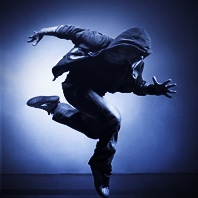Lunatic – the mad side of the moon

As already mentioned in our article about sleepwalking, a connection was made in the past between the moonlight and people, if their conduct was odd, crazy or threatening. One assumed that the moonlight caused this behaviour and spoke of »lunatic«, which derives from the Latin »lunatus« and means more or less »influenced by the moon«. In English, this terminology »lunatic« has been used for many forms of mental illnesses over many centuries. Because many of these disorders could not be explained for a long time (and there are still plenty of questions today), one was in need of a point of reference, a word that would accompany on the path of darkness. The Moon was very convenient.
It took a long time into the 20th century until the word »lunatic« was excised in specialised literature and legal texts. Today, the use has decreased in the English language. It has arrived at a colloquial level and has no deeper meaning in a scientific sense. In the German language, the corresponding word »lunatisch« is no longer used.

You ask yourself, given the not seldomly seen and rather strange behaviour of people in the (full) moonlight, if there isn’t actually truth in a mad side of the moon? That the term »lunatic« cannot be adapted to describe the area of mental illnesses is obvious, but maybe it applies when it is about this grain of madness for which one is probably admired for and possibly even celebrated as a star.
In the 18th century there was a »Lunar Society«, a group of downright brilliant minds in England, who met regularly around the time of the full moon and who called themselves »lunaticks«. So, whoever feels slightly mad around the full moon, will be in good company.
